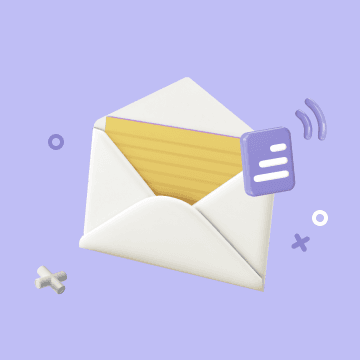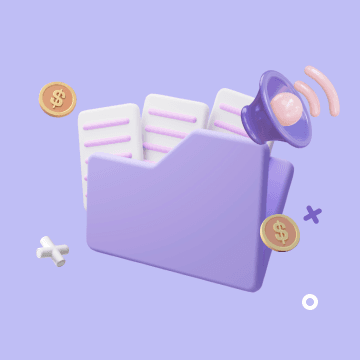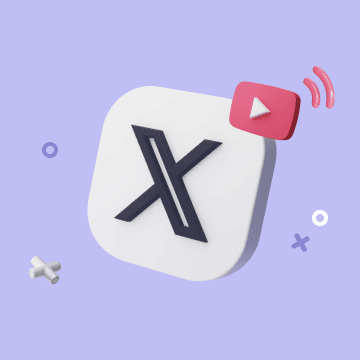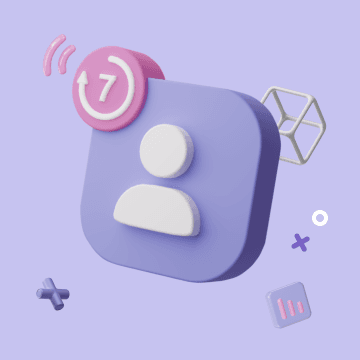Skills
Explore the skills and capabilities of this skillset.
Configuration
Customize the skillset to fit your needs.
MCP Server
Connect to MCP Server
GRAPHLIT_ORGANIZATION_ID
GRAPHLIT_ENVIRONMENT_ID
GRAPHLIT_JWT_SECRET
Graphlit
X/Twitter アシスタント
AI駆動のTwitterアシスタントで、コンテンツクリエイターがAI製品の体験をバイラルツイートに変換します。自動ポリッシュ、スマートリサーチ、ワンクリック投稿機能を備えています。
GitHub Issues アシスタント
GitHub Issues アシスタントは、GitHubのIssue管理を効率化するAIエージェントです。リポジトリ内でのバグ報告、タスク管理、機能リクエストの作成・追跡・優先順位付けをシンプルにします。チームでの利用に最適で、一貫したフォーマットを維持し、定型作業を自動化することで、開発プロセスをスムーズにします
ブランドデザイナー
スタートアップのデジタル製品向けに特別に設計されたブランドマーケティングAIアシスタントで、Product HuntやAppSumoなどのプラットフォームに適したオンラインプロモーション素材を迅速に生成し、ビジュアルクリエイティブ、プロモーションスローガン、ブランドトーン、セールスポイントのコミュニケーションをカバーします
Graphlit

サードパーティAIプラットフォームを呼び出してテキストを音声に変換する自動化
このテンプレートを使用すると、テーブルのテキストをMP3音声ファイルに変換するためにサードパーティのAIプラットフォームAPIを呼び出すプロセスを自動化できます。先進的なAI機能を活用してワークフローを簡素化し、生産性を向上させることを目的としています。


採用テンプレート
採用プロセスのためのテンプレートで、候補者の情報を収集し、毎日候補者の進捗をリマインドできます。

支払い済み請求書の定期的な回収
支払い済みの請求書を定期的に回収して、財務部門が迅速に受信できるようにし、請求書データを管理します

Instructional Design Management
Streamline your employee training programs with Bika.ai’s Instructional Design Management template. Manage training modules, track development progress, and organize courses efficiently. Enhance project collaboration, monitor training workflows via a centralized dashboard, and collect stakeholder feedback automatically. Ideal for training managers, learning teams, and L&D professionals, this template ensures smooth course management, effective learning module tracking, and improved training outcomes.

Program Communications Plan
Build a strong communication strategy with our Program Communications Plan Template. Perfect for project communications, stakeholder engagement, audience management, and program strategy, it provides a structured framework for communication workflow, key messages, activities, scheduling, and tracking.

Digital Marketing Strategy
Use this Digital Marketing Strategy template to streamline project collaboration, progress tracking, and marketing roadmap planning across your team. Keep campaign planning, marketing tasks, and project notes organized while automating reports to stay aligned and monitor progress status in real time. Ideal for teams seeking clarity, consistency, and execution efficiency.

Product Messaging Library
The Product Messaging Library Template centralizes your messaging guidelines, ensuring consistent messaging across marketing and technical content. Organize internal documentation, maintain content consistency, follow copywriting guidelines, and streamline your content team workflow with this easy-to-use messaging template and tone guide. Perfect for teams aiming for a unified brand voice and messaging best practices.

リード管理:自動通知とAI駆動戦略
新規顧客がフォーム経由で情報を送信すると、事前に設定されたトリガーと自動化ルールにより、AIによるフォローアップ提案を含むリード管理タスクが自動的に実行されます。これにより、営業およびカスタマーサポートチームは効率的にリードを獲得し、迅速に対応し、フォローアップを効果的に進めることができます。
Graphlit

Automated Birthday Email Celebration
Automate birthday email automation with the Automated Birthday Email Celebration template. Send personalized, automated birthday emails using a flexible birthday email template and automated email template that work with your customer data integration. Use this email scheduling tool to set automated email reminders and schedule birthday marketing emails at the perfect time. Boost customer retention emails and loyalty with B2B email automation and an email personalization tool that delivers timely, relevant birthday email campaigns without manual work.
OKR Tracking
Easily manage and track your company's Objectives and Key Results with our OKR Tracking template. Visualize progress through the OKR dashboard, monitor objective completion, align team goals, and generate automated OKR reports for quarterly reviews. Ideal for project management, team performance tracking, and improving organizational productivity.

請求書仕分けリマインダー
財務および管理スタッフの作業を容易にするために、システムは会社の同僚に請求書を収集し、設定に基づいて申請書を提出するよう定期的に自動的に通知します。このようにして、同僚はすぐに写真を撮って請求書をアップロードできるため、財務および管理スタッフはその後の償還や納税手続きに備えて請求書データを迅速に整理できます。
Google アナリスト
Google Analytics 4 (GA4) プロパティを Google Analyst エージェントに接続するためのステップバイステップガイド。Google Cloud サービスアカウントの作成、Analytics Data API の有効化、GA4 ビューアーアクセス権限の付与、セッション、ユーザー、バウンスレート、コンバージョンなどのサポートされる指標を使用したエージェントの構成をカバーしています。Bika.ai で GA4 データレポートを迅速に設定するのに最適です

YouTubeからTwitterへの共有
新しいYouTube動画をTwitterに自動クロスポストして、リーチと視聴者エンゲージメントを最大化します。

7日間連続自動メールアプローチ
潜在顧客の連続接触、製品発売カウントダウンの連続マーケティング、新規登録ユーザーへの連続ウェルカムメールなど、以下のシナリオに特に適した、7日間連続の自動化メールアプローチを迅速に設定する。

Product/market fit system
Streamline your product/market fit process with this comprehensive template. Collect and manage user feedback, track feature requests, analyze survey responses, and gain actionable product insights to drive improvement. Centralize feedback data, monitor performance, and prioritize features with a feedback dashboard and database designed for founders, managers, and product teams.
Visual inspiration tracking with web clipper
Capture and organize creative inspiration with the Visual Inspiration Tracking with Web Clipper template. Store and categorize visual assets, logo collections, idea library entries, and web screenshots with easy tagging using asset tags. Perfect for designers, artists, and creative teams, this customizable tool lets you add fields, tag assets, and maintain organized asset records. Enhance your visual workflow and ensure every piece of inspiration is preserved and ready for your next project.

Interview Questions
Streamline your hiring process with Bika.ai’s Interview Questions template. Create and manage interview forms, checklists, and tables while automating reminders and task assignments. Evaluate candidates’ management style, cultural fit, and key weaknesses efficiently. With a centralized recruitment dashboard, monitor candidate selection, track interview feedback, and optimize your recruitment strategy. Ideal for HR leaders, recruiters, and hiring teams seeking a smart, automated way to improve hiring efficiency and ensure precise talent screening.